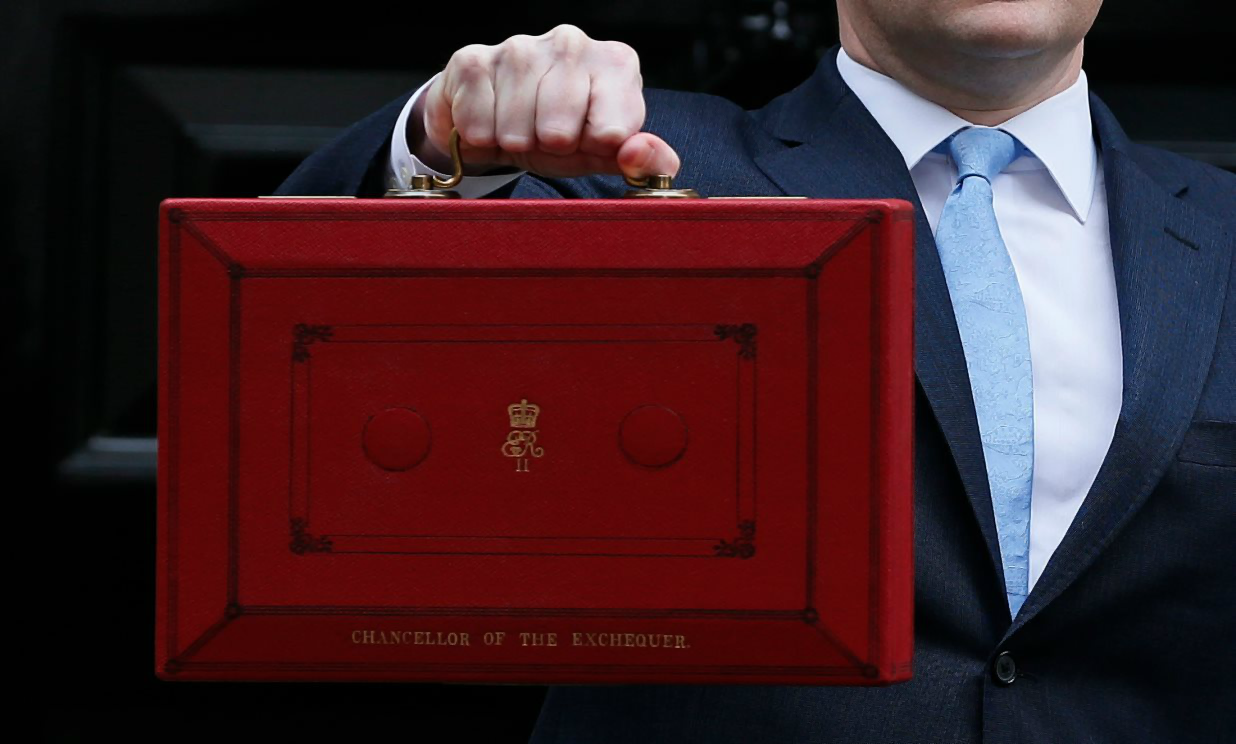What are the important qualities bosses should have? Bosses are not automatically effective leaders regardless of their experience at crypto casino. The image of good leadership has changed dramatically. But what are good leadership qualities?
Many employees know from painful experience that a successful boss is far from being a good boss. Yet leadership qualities should be an inseparable part of being a boss. Examples of well-known top managers show again and again that bosses with a rather archaic and strictly hierarchical management style can become enormously successful and rich. But if you don’t want to be secretly despised by the majority of your staff and depend on talented people to contribute to the success of the company, you have to work on becoming a good leader out of pure self-interest. But what are important leadership qualities anyway?
WHAT MAKES A GOOD LEADERSHIP?
Leadership skills enable someone to successfully lead a team or even an entire company. This requires a combination of specialist knowledge, organizational talent and interpersonal skills. Many psychologists and consultants are convinced that all this is not a question of personality. Good leadership is rather a craft that can be learned.
Many supervisors have not formally learned how to be a “boss. But anyone who has not acquired the relevant skills in the course of their career should work on this immediately. Especially nowadays, hardly anyone can afford to disregard the importance of good leadership qualities in a boss.
WHY IS IT IMPORTANT?
The success of a manager is, of course, also measured by the key economic data of his or her department or company. In the meantime, however, employee satisfaction and productivity are also considered decisive indicators that supervisors really do have important leadership qualities. Keyword: shortage of skilled workers. If you want to attract or retain the talent you are looking for, you have to convince the market with good leadership. According to surveys, more and more new employees are quitting during their probationary period because they do not feel sufficiently well looked after by their new boss.
If, on the other hand, you can retain employees for a long time (sometimes even for their entire working lives) thanks to good leadership qualities, you will keep their expertise in the company. Satisfied employees have also been shown to be more productive, less likely to fall ill, and contribute to the company’s success with good ideas without being asked, because they identify with the employer.
MOST IMPORTANT QUALITIES
In the past, the question “What are leadership qualities?” was often based on archetypes – mostly male leaders, of course. Over the past 100 years, psychologists and economists have also looked to military commanders for inspiration in defining their models of different leadership types.
For a long time, for example, the model of the social psychologist Kurt Lewin (1890-1947) was very influential. He identified four main categories of leadership styles:
authoritarian: commanding and obeying
cooperative: the leader delegates some competencies to employees
laissez-faire: employees enjoy full freedom
charitable: focus on the well-being and satisfaction of employees
Modern leadership qualities
However, when it comes to gaining knowledge for daily leadership, experts nowadays prefer to focus on the needs of employees. Leadership coach Maren Lehky considers the situational leadership style, as defined by the U.S. behavioral scientist Paul Hersey (1931-2012), to be particularly successful.
- Dictation: When my counterpart has no knowledge or when danger is imminent.
- Arguing: When the employee is confident and experienced, but not in the subject.
- Participate: When he or she is knowledgeable and a subject matter expert, but is not yet completely sure.
- Delegate: Delegate the entire package of decision making and execution style and leave me out of it. That only works with very experienced, confident, and substantively competent employees.




































